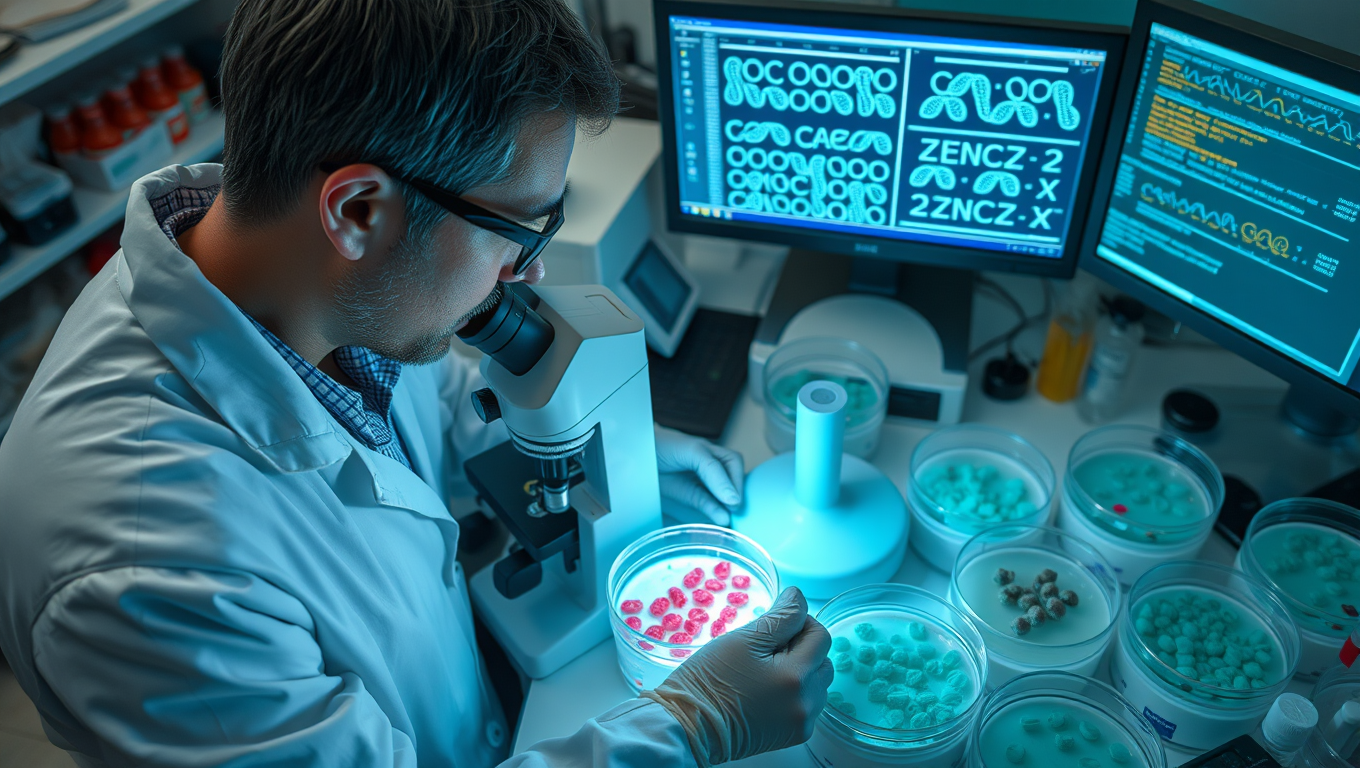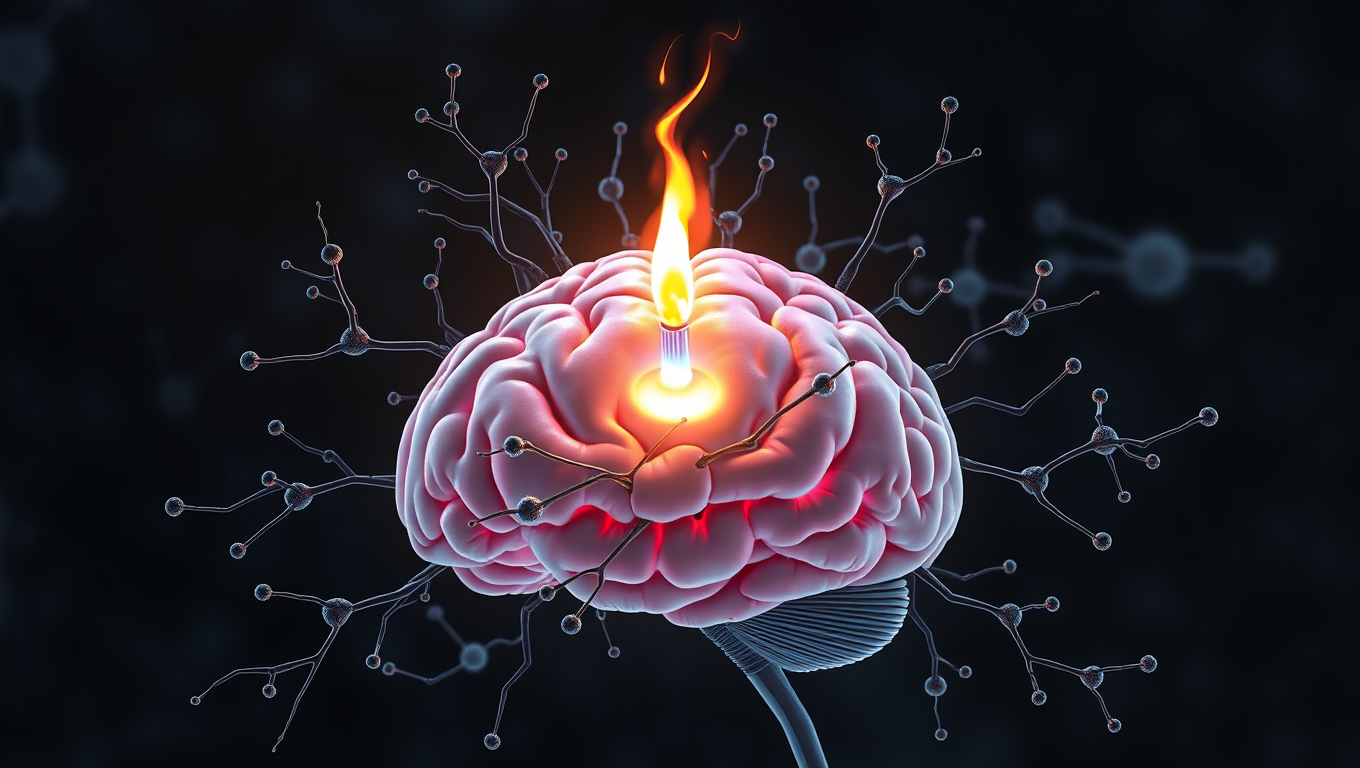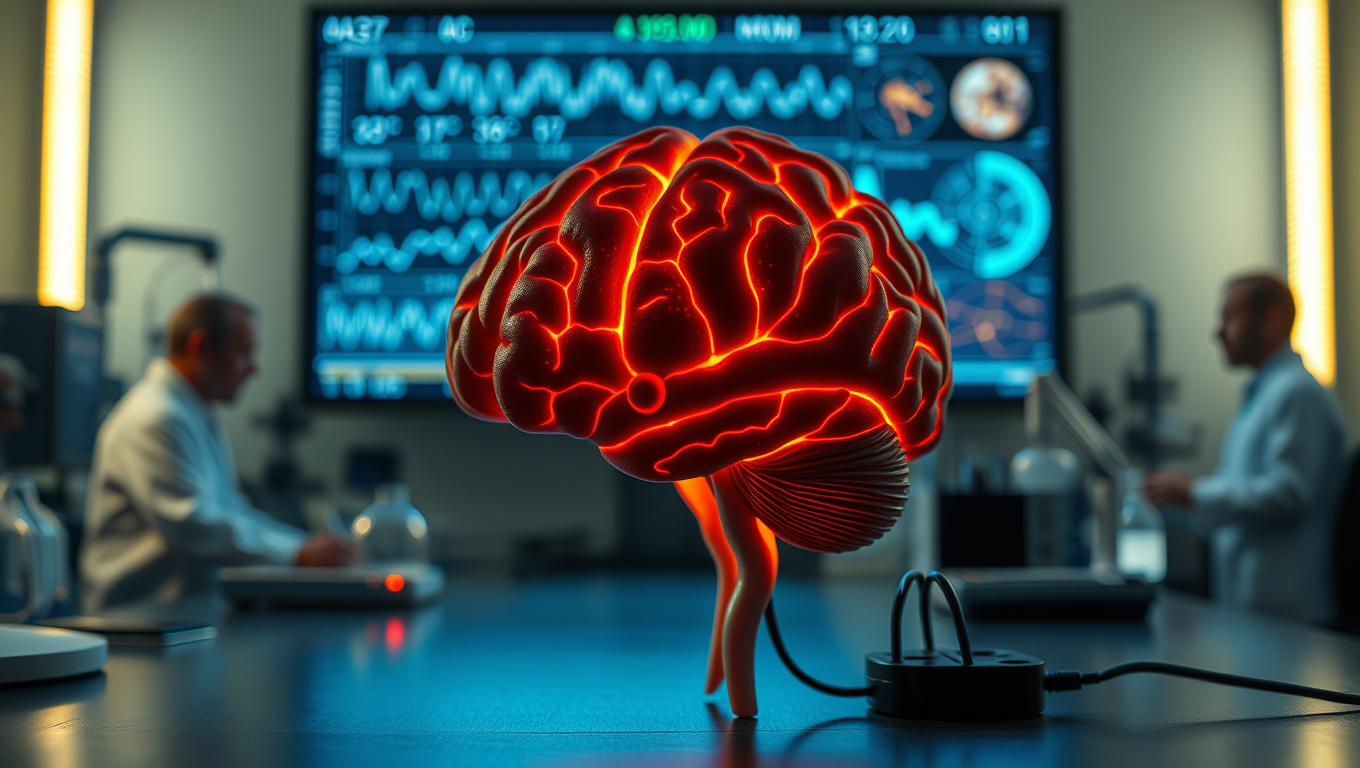While we try to keep things accurate, this content is part of an ongoing experiment and may not always be reliable.
Please double-check important details — we’re not responsible for how the information is used.
Alzheimer's
Gene Editing Revolutionizes Huntington’s Disease Treatment with Breakthrough in DNA Repeat Disruption
Researchers have developed a way to edit the genetic sequences at the root of Huntington’s disease and Friedreich’s ataxia. If longer than a certain threshold length, these sequences grow in length uncontrollably and lead to brain cell death in Huntington’s disease, and the breakdown of nerve fibers in Friedreich’s ataxia. There are no treatments that stop the progression of these diseases. Using base editing, the team introduced single-letter changes into the middle of the repeated stretch of DNA, interrupting the sequence in patient cells and mouse models of Huntington’s disease and Friedreich’s ataxia. They found that the edited DNA tracts stayed the same in length or even became shorter over time.

Alzheimer's
Scientists Unlock Secret to Reversing Memory Loss by Boosting Brain’s Energy Engines
Scientists have discovered a direct cause-and-effect link between faulty mitochondria and the memory loss seen in neurodegenerative diseases. By creating a novel tool to boost mitochondrial activity in mouse models, researchers restored memory performance, suggesting mitochondria could be a powerful new target for treatments. The findings not only shed light on the early drivers of brain cell degeneration but also open possibilities for slowing or even preventing diseases like Alzheimer’s.
Alzheimer's
A Breakthrough in Brain Research: Scientists Grow a Mini Human Brain that Lights Up and Connects Like the Real Thing
Scientists at Johns Hopkins have grown a first-of-its-kind organoid mimicking an entire human brain, complete with rudimentary blood vessels and neural activity. This new “multi-region brain organoid” connects different brain parts, producing electrical signals and simulating early brain development. By watching these mini-brains evolve, researchers hope to uncover how conditions like autism or schizophrenia arise, and even test treatments in ways never before possible with animal models.
Alzheimer's
“Unlocking Brain Health: Scientists Discover Key Receptor for Microglia to Fight Alzheimer’s”
Scientists at UCSF have uncovered how certain immune cells in the brain, called microglia, can effectively digest toxic amyloid beta plaques that cause Alzheimer’s. They identified a key receptor, ADGRG1, that enables this protective action. When microglia lack this receptor, plaque builds up quickly, causing memory loss and brain damage. But when the receptor is present, it seems to help keep Alzheimer’s symptoms mild. Since ADGRG1 belongs to a drug-friendly family of receptors, this opens the door to future therapies that could enhance brain immunity and protect against Alzheimer’s in more people.
-

 Detectors11 months ago
Detectors11 months agoA New Horizon for Vision: How Gold Nanoparticles May Restore People’s Sight
-

 Cancer12 months ago
Cancer12 months agoRevolutionizing Quantum Communication: Direct Connections Between Multiple Processors
-

 Earth & Climate12 months ago
Earth & Climate12 months agoRetiring Abroad Can Be Lonely Business
-

 Albert Einstein12 months ago
Albert Einstein12 months agoHarnessing Water Waves: A Breakthrough in Controlling Floating Objects
-

 Chemistry11 months ago
Chemistry11 months ago“Unveiling Hidden Patterns: A New Twist on Interference Phenomena”
-

 Earth & Climate12 months ago
Earth & Climate12 months agoHousehold Electricity Three Times More Expensive Than Upcoming ‘Eco-Friendly’ Aviation E-Fuels, Study Reveals
-

 Diseases and Conditions12 months ago
Diseases and Conditions12 months agoReducing Falls Among Elderly Women with Polypharmacy through Exercise Intervention
-

 Agriculture and Food12 months ago
Agriculture and Food12 months ago“A Sustainable Solution: Researchers Create Hybrid Cheese with 25% Pea Protein”





























